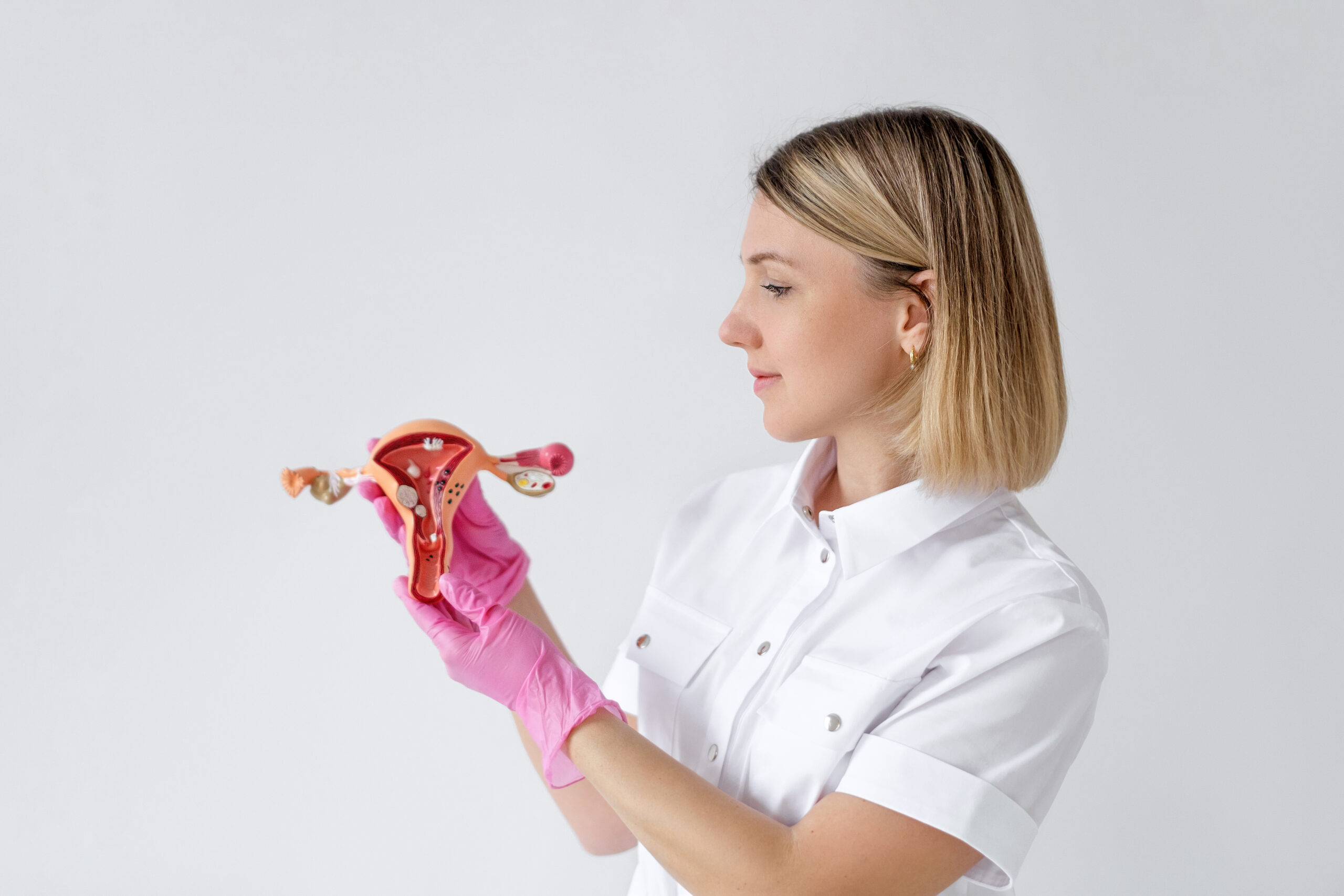Premenstrual Dysphoric Disorder (PMDD) is a severe form of premenstrual syndrome (PMS) that affects approximately 5-8% of menstruating individuals. Unlike PMS, which often involves mild emotional and physical symptoms, PMDD causes debilitating emotional and physical symptoms that significantly interfere with daily life. At PMHC in Philadelphia, we provide compassionate care and evidence-based treatment for individuals struggling with PMDD, helping them regain control of their well-being.
What is PMDD?
PMDD is a hormone-related mood disorder classified in the Diagnostic and Statistical Manual of Mental Disorders (DSM-5). It is linked to the menstrual cycle and typically begins 7–10 days before menstruation and subsides within a few days after menstruation starts. While the exact cause of PMDD is unknown, researchers believe it results from an abnormal sensitivity to the hormonal fluctuations that occur during the menstrual cycle.
Common Symptoms of PMDD
PMDD symptoms are more severe and disruptive than those associated with PMS. They can affect mental, emotional, and physical health, making it difficult to maintain daily responsibilities, relationships, and overall well-being.
Emotional Symptoms:
- Intense mood swings or irritability
- Feelings of sadness, hopelessness, or depression
- Anxiety or tension
- Difficulty concentrating
- Severe anger or frustration
Physical Symptoms:
- Fatigue or low energy
- Breast tenderness or swelling
- Headaches or migraines
- Joint or muscle pain
- Changes in appetite or sleep patterns
For a diagnosis of PMDD, symptoms must significantly disrupt daily activities, relationships, or work performance and occur consistently in the luteal phase of the menstrual cycle.
How is PMDD Diagnosed?
PMDD can be challenging to diagnose because its symptoms often overlap with other conditions, such as depression or anxiety. Diagnosis typically involves:
- Tracking Symptoms: Keeping a detailed record of symptoms over at least two menstrual cycles to identify patterns linked to the luteal phase.
- Clinical Evaluation: A healthcare provider will assess symptoms and rule out other potential causes, such as thyroid disorders or major depressive disorder.
How is PMDD Treated?
While PMDD can be challenging, it is a treatable condition. At PMHC in Philadelphia, we offer a range of therapeutic options tailored to meet each individual’s needs:
- Therapy: Cognitive Behavioral Therapy (CBT) helps individuals manage emotional symptoms, identify negative thought patterns, and build healthier coping strategies.
- Medication: Antidepressants, particularly SSRIs, are often effective in alleviating emotional symptoms of PMDD. Hormonal treatments, such as birth control, may also help regulate hormonal fluctuations.
- Lifestyle Changes: Exercise, stress management techniques, and a balanced diet can reduce the intensity of PMDD symptoms.
- Support Groups: Connecting with others who experience PMDD can provide a sense of community and reduce feelings of isolation.
Get Help at PMHC in Philadelphia
PMDD is a serious condition that can affect every aspect of life, but you don’t have to face it alone. At PMHC , we specialize in providing compassionate care for individuals experiencing PMDD. Our team of mental health professionals works collaboratively to develop personalized treatment plans, empowering clients to take control of their symptoms and improve their quality of life.
If you or a loved one is struggling with PMDD, contact PMHC in Philadelphia today. Together, we can help you find relief and achieve balance.Learn about Premenstrual Dysphoric Disorder (PMDD), its symptoms, and treatments. PMHC Cares in Philadelphia offers expert care for individuals with PMDD.

